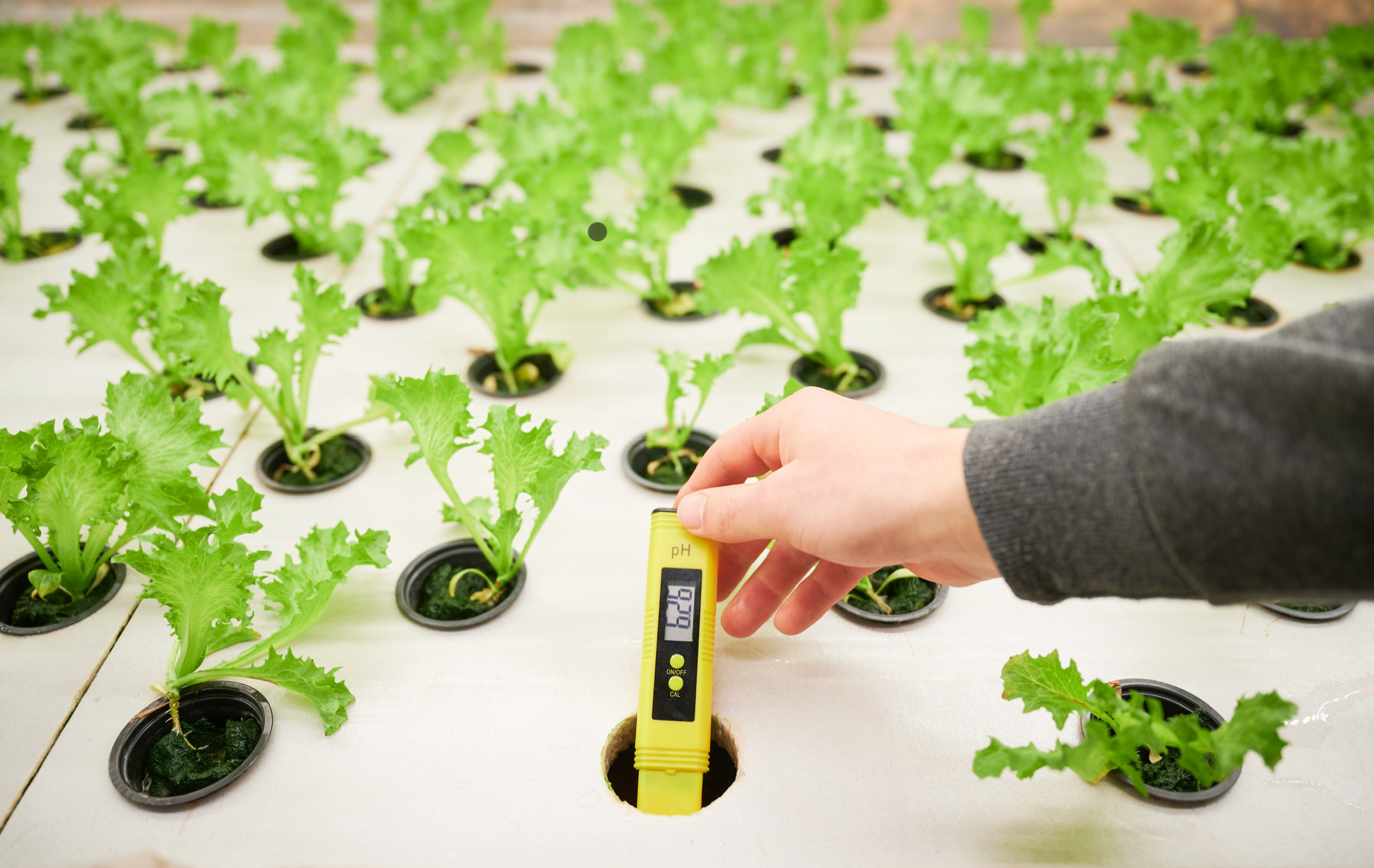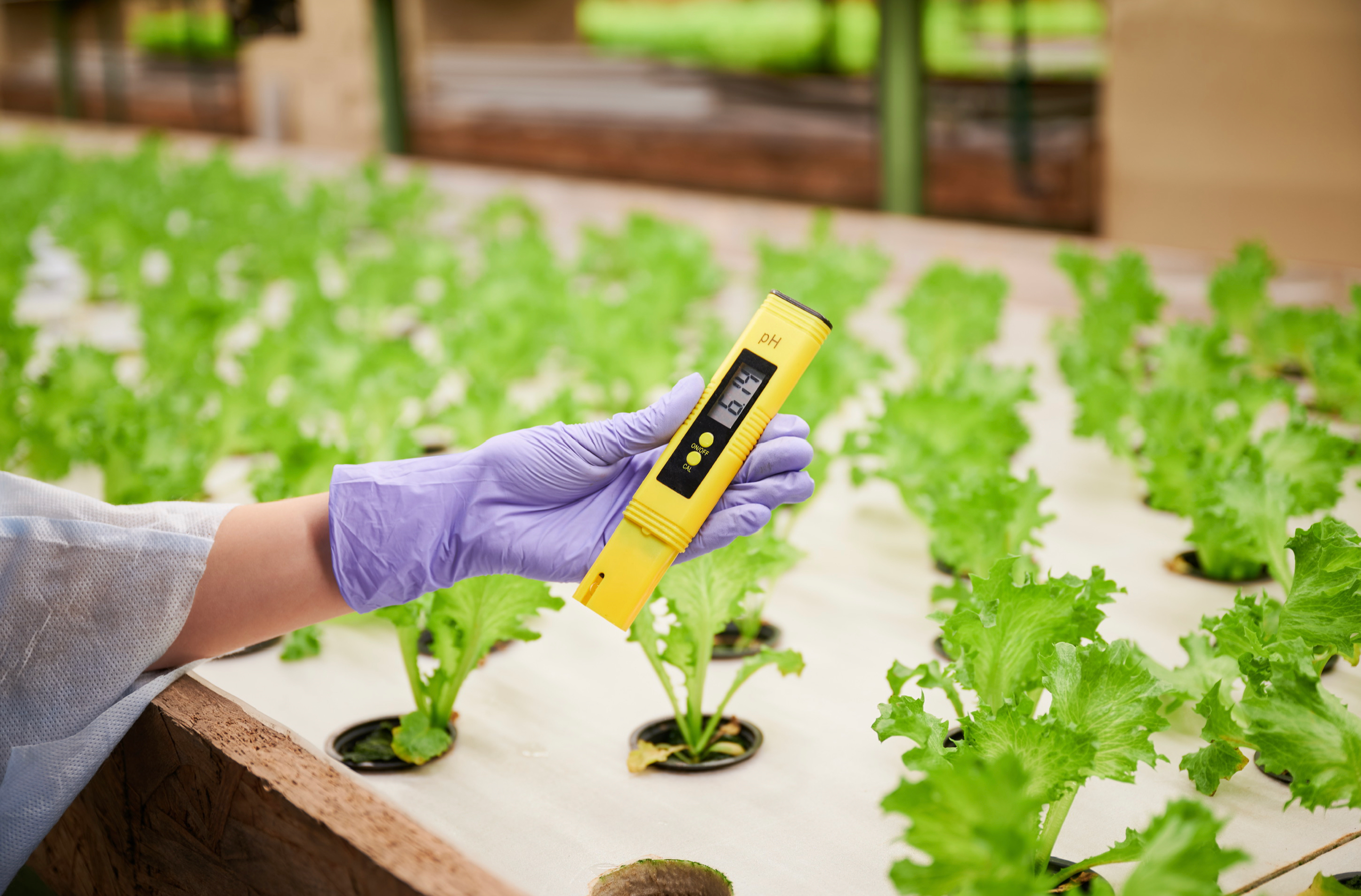Is Hydroponics Organic or Not?

The Ongoing Discussion Regarding Whether Is Hydroponics Organic or Not?
Whether you’ve been a hydroponic grower for a while or just starting out as a beginner, you might be wondering whether hydroponics is organic. This question is not as simple as it might seem at first glance. First of all, the definition of “organic” varies from country to country, and in some countries, hydroponics cannot be considered organic since plants are not grown in soil, even though hydroponics can technically fulfill organic growing principles and requirements. With that said, let’s first take a look at what “organic” actually means and then see if hydroponics can be considered organic and on what conditions.
What Does “Organic” Really Mean?
No doubt you will have seen produce sold in shops, supermarkets, and farmers’ markets labeled as “organic”, but have you ever considered what it actually means? In general, it means that the produce was grown without using chemicals, such as synthetic fertilizers, pesticides, herbicides, and so on (growers can still use certified organic fertilizers, pesticides, herbicides, and so on).
It's important to note that when using organic nutrients, a bio-filter must be present. This allows for the development of bacteria that can break down the organic nutrients. Such a filter can be created through the use of a medium like hydroton / clay pebbles.
However, you can’t just slap a label on your produce and call it organic—this way you would be breaking the law in many countries. In order to be able to label your produce as organic, you have to obtain organic certification. In the UK, for example, there are a few approved control bodies that can certify organic food (you can find them here).
In order to get your produce certified as organic in the UK, you must use only organic farming methods, which include:
- maintaining soil fertility using crop rotation and other organic farming methods
- only controlling weeds, pests and diseases where necessary, using organic farming techniques and approved materials
- only processing organic food where necessary, using limited approved products and substances
In addition, you must avoid using artificial fertilisers, pesticides and products for cleaning and disinfection. You can find the most up-to-date rules for organic certification in the UK here.

Can Hydroponics be Considered Organic?
Technically, hydroponics can be organic. There are organic nutrient solutions as well as pesticides, so it’s definitely possible to grow organic produce using hydroponics. However, whether it’s organic in the eyes of local certifying bodies is a completely different matter.
In the UK as well as the EU, hydroponics cannot be considered organic due to lack of soil because it is considered to be “a different system of agriculture to organic, in definition and in practice”. So, if you want to sell your produce as organic, you can’t do so legally in the UK and the EU. In the US, the USDA (United States Department of Agriculture) allows hydroponic produce to be certified as organic as long as it’s grown without using chemical pesticides and follows their regulations. Although there has been a history of lawsuits pressuring the USDA to exclude hydroponics from being classified as organic, on 22nd of September 2022, the Ninth Circuit Court of Appeals upheld a district court ruling that allows hydroponic growers to continue to sell their produce as organic.
However, if you’re growing food for yourself as well as your family and friends, you can use organic nutrient solutions, fertilisers, pesticides, growth enhancers, and so on, and technically your produce can be considered organic since you don’t use any synthetic chemicals.
Conclusion
To sum up, if you want to label your produce as organic, you can’t do so in the UK and the EU, but you can obtain organic certification in the US. If you simply want to grow food for yourself as well as family and friends, you can use organic nutrients solutions, fertilisers, pesticides, and so on, and your produce can be considered organic, as you don’t use synthetic chemicals.
For more great content check out the Proponics YouTube channel below!

By Max Barnes
Max Barnes is a long-time homesteader and author. Max grows the majority of his own food year-round using a variety of different methods, including hydroponics. Hydroponic gardening plays a huge part in his homestead and self-sufficiency goals.




